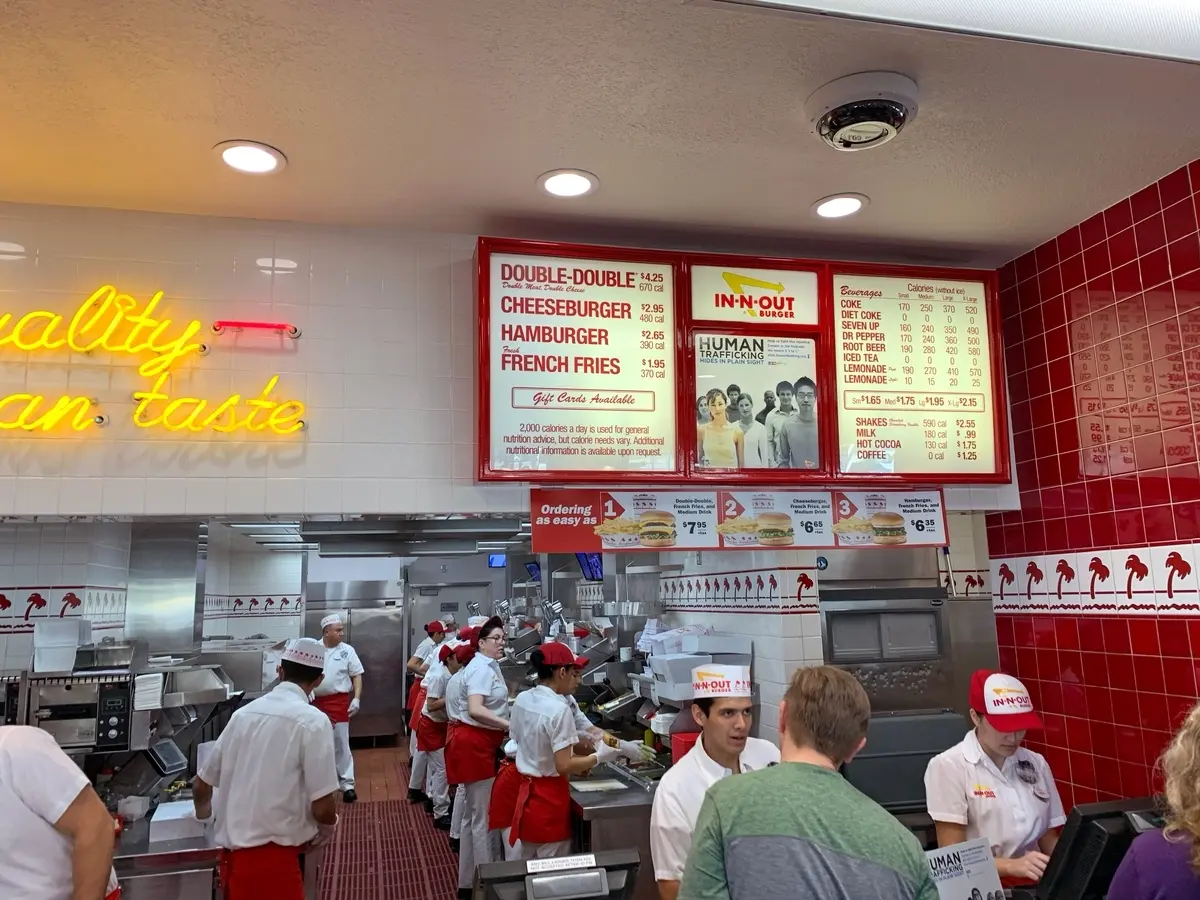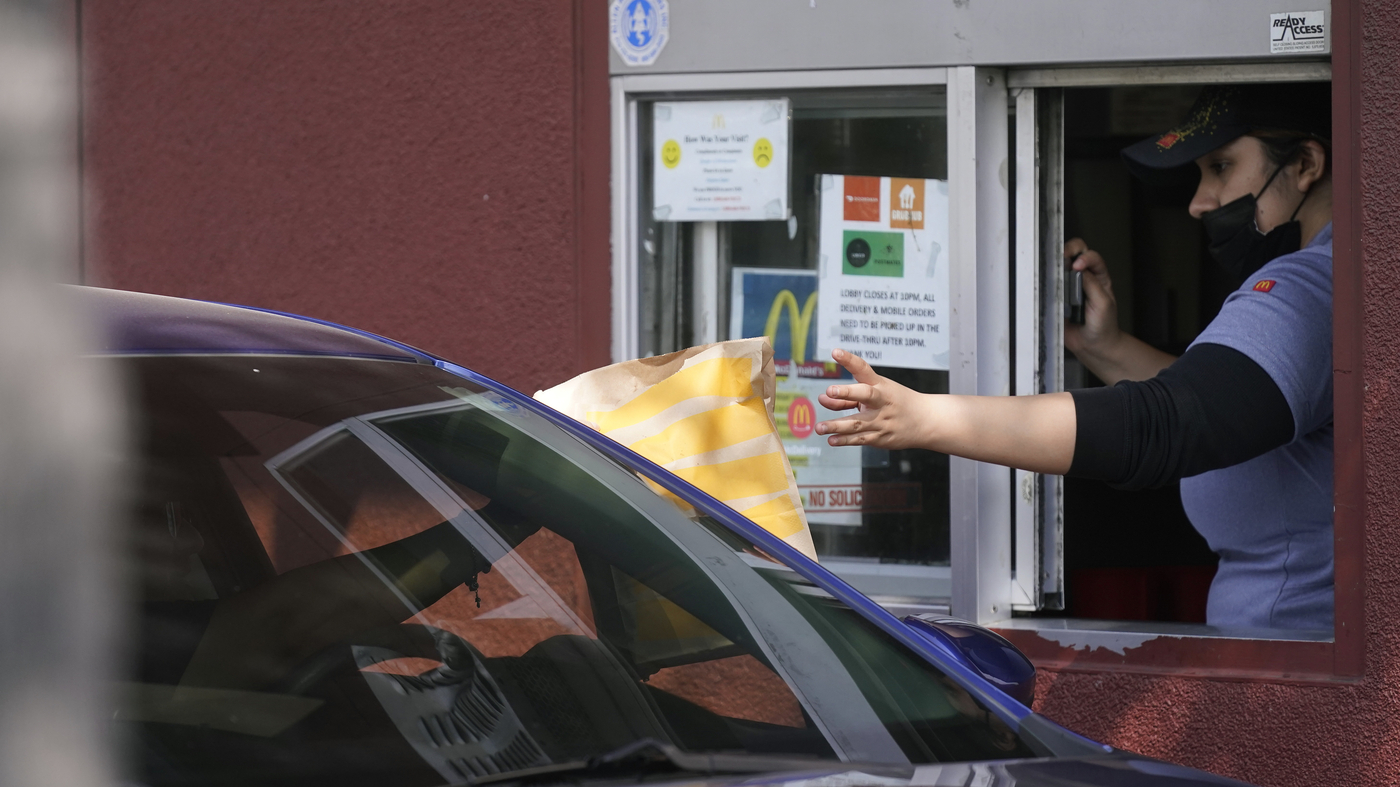Starting Monday, fast-food workers in California flipping burgers or brewing Frappuccinos will see a significant bump in their paychecks as the state’s minimum wage rises to $20 per hour. This move represents a 25% increase for many workers.
The new minimum wage law in California is notably targeted at the fast-food sector, impacting major chains such as McDonald’s, Starbucks, Subway, and Pizza Hut.
This wage hike is a significant victory for cooks, cashiers, and other fast-food workers, who historically hold some of the lowest-paid positions in the United States. Their wages have experienced a notable uptick during the pandemic, following decades of stagnation.
Given California’s status as one of the nation’s most expensive states to live in, the impact of this wage increase is particularly significant. Approximately half a million people work in the fast-food industry in California, with many of them belonging to marginalized groups such as women, immigrants, and people of color, a substantial portion of whom live below the poverty line.

Fast Food (Credits: Patch)
For individuals like Sandra Jauregui from Sacramento, who has spent 18 years working at various Jack in the Box locations, this raise couldn’t come soon enough. Her hourly wage will increase from $17.50 to $20, translating to an additional $120 in each paycheck, providing some much-needed financial relief for essentials like rent and bills.
However, the substantial wage increase has sparked a contentious debate about its potential impact on local businesses. Smaller franchise owners express concerns about the necessity to raise prices, reduce employee hours, cut jobs, or potentially close down altogether.
The wage increase stems from a deal struck between labor leaders, including the Service Employees International Union, and fast-food corporations. The law applies to fast-food chains with at least 60 nationwide locations, with certain exemptions for smaller establishments.
Fast-food executives have warned of impending price hikes to offset the increased labor costs, with estimates ranging from 2.5% to 3.5%. Some chains also plan to accelerate their adoption of automation technologies such as kiosks and robots to mitigate the impact on labor expenses.
Restaurant owners anticipate reducing workers’ hours, a pattern observed in Seattle following a minimum wage increase a decade ago. Despite concerns, research suggests that businesses, particularly in the restaurant industry, have adapted to higher wage costs without significant job losses.
The wage hike in California serves as a high-profile case study on the ripple effects of minimum wage increases within the local economy, with potential implications for other industries and regions across the country.
























